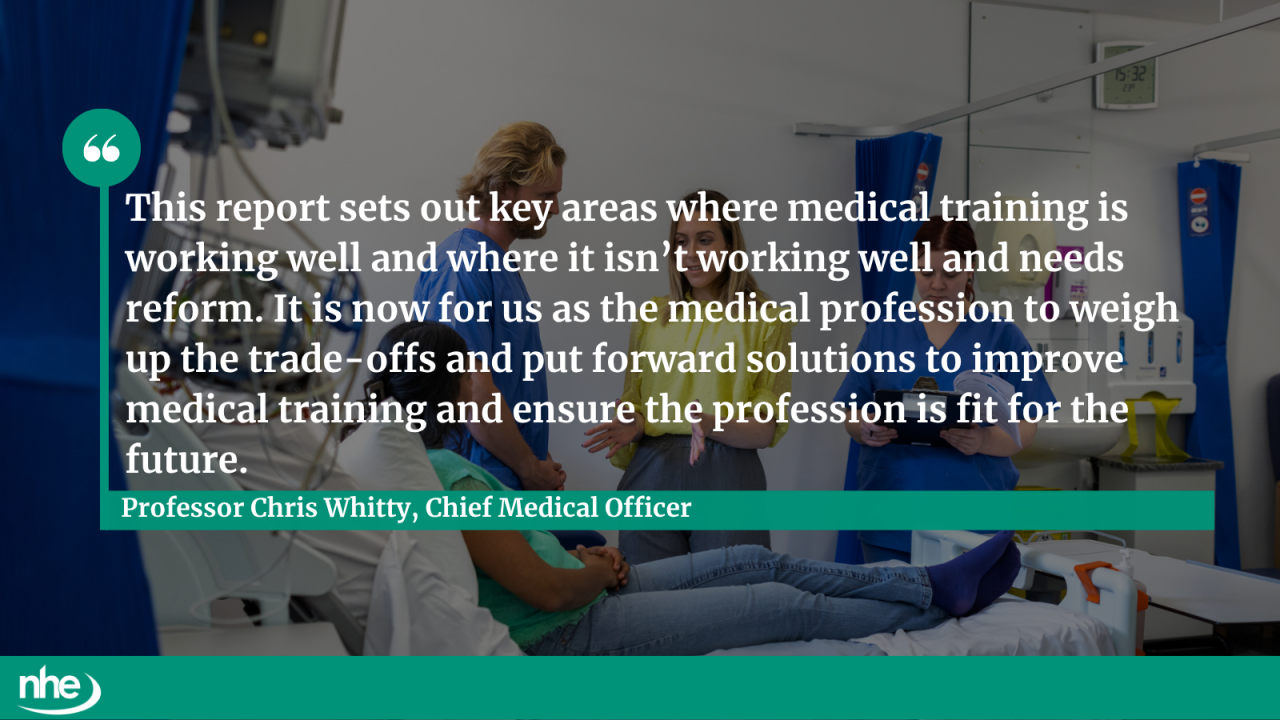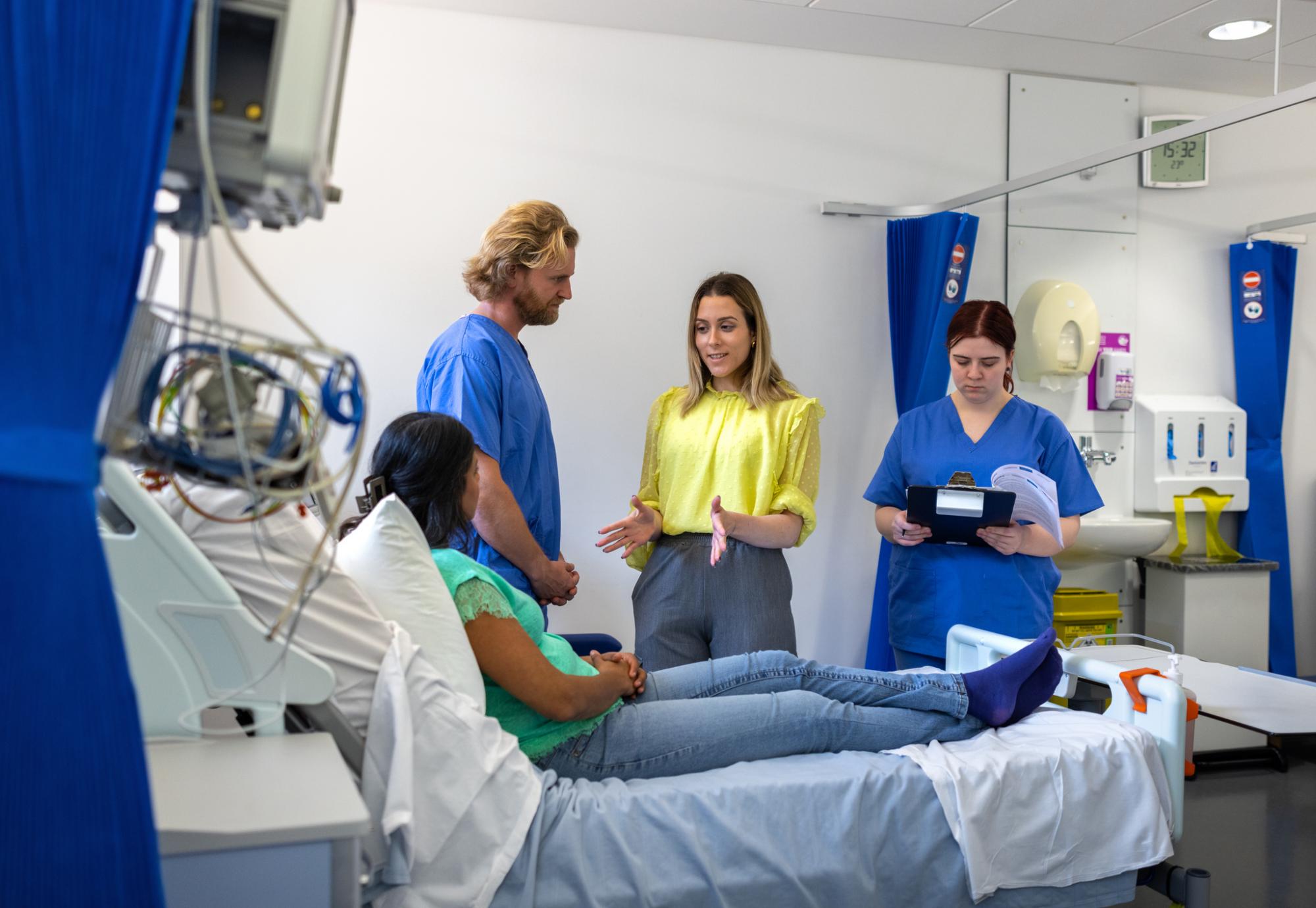Two of England’s most senior doctors – Professor Chris Whitty, Chief Medical Officer, and Professor Stephen Powis, former National Medical Director at NHS England – have published the first phase of the Medical Training Review, setting out recommendations to modernise postgraduate medical education.
The review, launched earlier this year, received over 8,000 responses from doctors, patients, and professional bodies, including more than 6,000 resident doctors, highlighting widespread challenges and opportunities for reform.
The Phase 1 diagnostic report, published today, outlines the current state of postgraduate training and identifies 11 recommendations, with four key priorities:
- Greater flexibility in training pathways
- Recognition of excellence beyond formal routes, including SAS and locally employed doctors
- Addressing training bottlenecks that hinder career progression
- Rebuilding inclusive team structures to ensure all doctors feel valued
The report acknowledges that trade-offs between different aims are inevitable and calls for honest dialogue across the sector.
Professor Stephen Powis, NHS England’s former National Medical Director, said:
“Healthcare professionals do a fantastic job of treating patients every day and it’s vital that the NHS continues to evolve to meet the changing needs of the population.
“We deliberately set out to make this a review by the medical profession with patient input, and we firmly believe that the solutions to the training challenges we face lie within the profession.
“We are extremely grateful to the many thousands who have participated in the first phase of the review, providing a substantial and wide-ranging response. We will now work to make those recommendations become a reality to improve the working lives of doctors and provide better care for patients.”
The next phase of the review will involve collaboration between:
- Medical royal colleges
- Postgraduate deans
- General Medical Council
- NHS England
- Department of Health and Social Care
- Patient groups and doctors at all career stages
Chief Medical Officer Professor Chris Whitty also commented:
“Training is essential for good medical practice and patient care and all doctors are involved both in being trained and in training others from the start to the end of their career.
“This report sets out key areas where medical training is working well and where it isn’t working well and needs reform. It is now for us as the medical profession to weigh up the trade-offs and put forward solutions to improve medical training and ensure the profession is fit for the future.”

Together, they will co-design a package of reform to improve training quality, career progression, and workplace culture.
NHS England is already implementing improvements for resident doctors, including fixes to payroll errors and leave entitlement, as part of a 10-point plan published earlier this year.
The 10-Year Health Plan has also committed to 1,000 new postgraduate training places, as well as prioritising UK medical graduates and long-serving NHS doctors for speciality training
This review marks a pivotal moment in shaping a modern, inclusive, and responsive medical training system that supports doctors and improves patient care.
Image credit: iStock



















